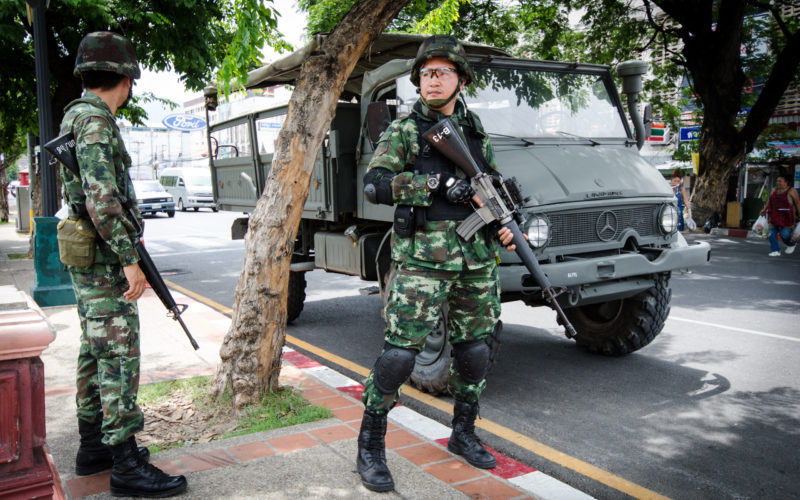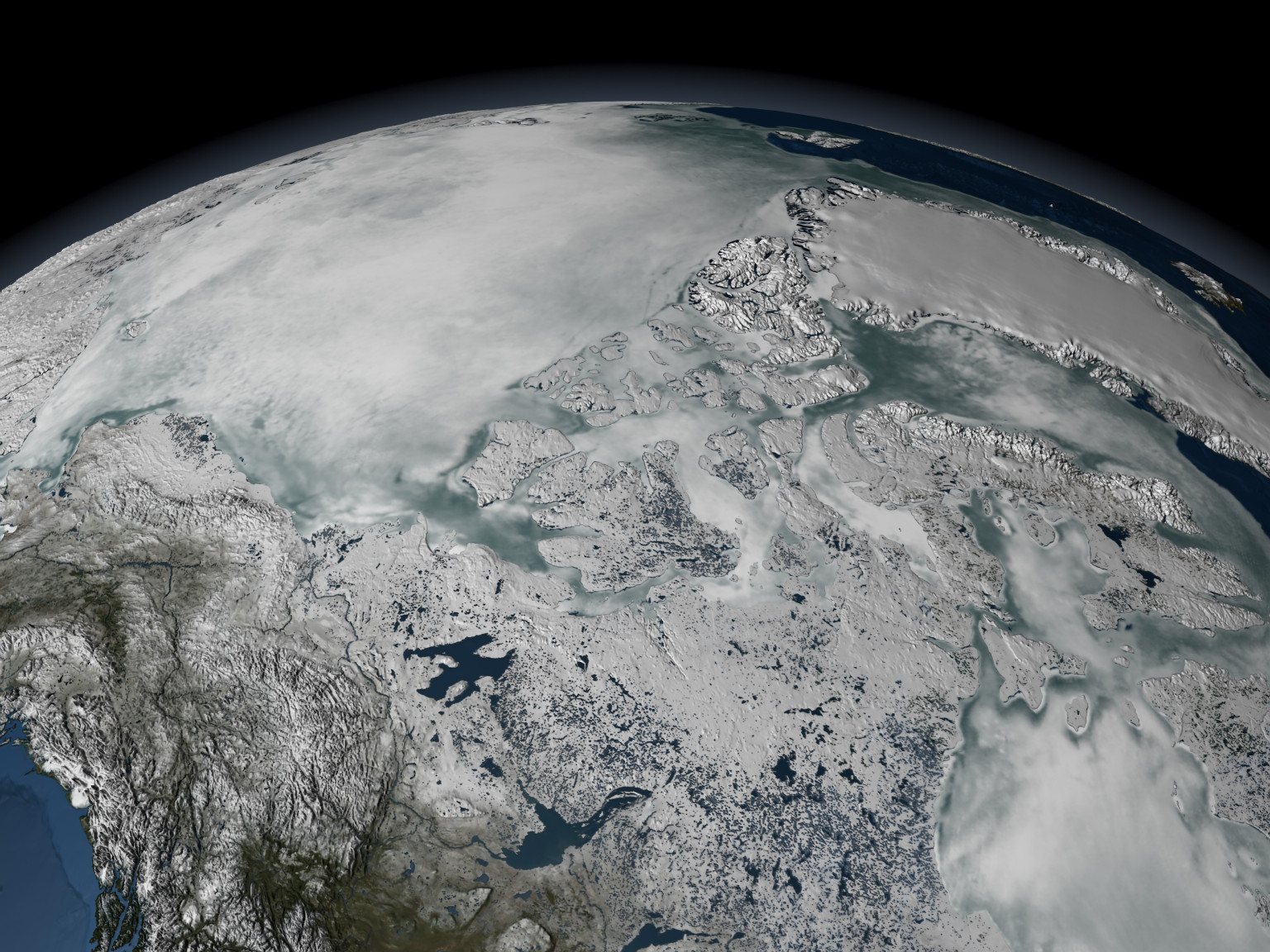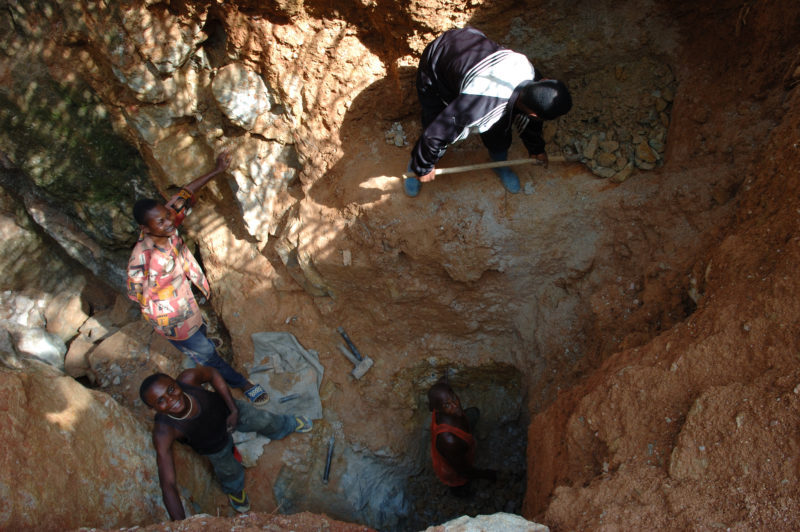 Energy has become a growing concern for international security as new risks are posed by the suspension or shortage of global energy resources. The need to maintain safe, reliable and adequate energy supplies will be an increasing priority of the 21st century. As former U.S. Secretary of State, Hillary Rodham Clinton explained during an address on energy diplomacy, “Energy is an issue of wealth and power, which means it can be both a source of conflict and cooperation,” as energy market demands grow in expanding economies, and competition for supplies becomes more intense. Political instabilities in supplier countries, piracy and terrorist attacks on pipelines and refineries, the depletion of fossil fuels, and the most recent stream of cyber attacks on critical energy infrastructure, as well as the continued and increasingly unstable effects of climate change have all proven that energy can no longer be considered strictly as an economic good, but rather, must be acknowledged as a legitimate security issue.
Energy has become a growing concern for international security as new risks are posed by the suspension or shortage of global energy resources. The need to maintain safe, reliable and adequate energy supplies will be an increasing priority of the 21st century. As former U.S. Secretary of State, Hillary Rodham Clinton explained during an address on energy diplomacy, “Energy is an issue of wealth and power, which means it can be both a source of conflict and cooperation,” as energy market demands grow in expanding economies, and competition for supplies becomes more intense. Political instabilities in supplier countries, piracy and terrorist attacks on pipelines and refineries, the depletion of fossil fuels, and the most recent stream of cyber attacks on critical energy infrastructure, as well as the continued and increasingly unstable effects of climate change have all proven that energy can no longer be considered strictly as an economic good, but rather, must be acknowledged as a legitimate security issue.
Like the United Nations and the European Union, as well as a myriad of other organizations-both governmental and non-governmental-the North Atlantic Treaty Organization (NATO) has also placed energy security on its agenda. Most NATO countries are reliant on some form of energy imports and Europe’s dependency on oil and gas is growing. The Alliance, whose mandate seeks to safeguard the security of almost 900 million citizens, cannot afford to ignore the question of how to secure energy supplies. How can NATO contribute to meeting this emerging challenge? Defining a common policy has been difficult, mainly because many of the NATO members, namely EU states, continue to view energy security as an economic issue that is to be regulated by the market rather than foreign or security policy tools, and are therefore, hesitant about militarizing the issue of energy security and feel apprehensive about the role that NATO will play. Should NATO play a part in addressing energy security issues? Or is NATO going to overly “militarize” an issue that is predominantly non-military in nature?

A reference to energy security does not automatically translate into a comprehensive NATO policy. NATO has a legitimate and important role to play in energy security-but what should that role look like? Given the complexity and non-traditional aspects of the issue, coupled with the already large number of existing institutional frameworks, both formal and informal, that deal with energy security, NATO’s role will be defined based on how well it can add value to a policy area that already features many different actors and interests. NATO has already made progress in this direction by creating the ‘Emerging Security Challenges Division (ESCD)’, which features a section exclusively devoted to energy security, and has identified several key areas where it can provide added value, which include: information and intelligence sharing; advancing international and regional cooperation; supporting consequence management; and supporting the protection of critical infrastructure. This progress and direction must continue to be built upon, and communicated with clarity to the Alliance’s members and partners, for NATO’s role is oversimplified and widely misunderstood as only being military in nature.
Policy analysts, experts in the field and academics are all contributing to this debate and suggesting value added ways in which NATO could contribute to the energy security debate in a way that would not only be limited to military action. Academics point out that there are currently no international organizations or institutionalized cooperation mechanisms set up to address the protection of energy sources and their transportation routes. NATO is essentially the only organization with the capacity and resources to fill this void, without infringing on areas where other organizations are already operating and therefore, could have a leading role in the safeguarding of energy supplies and resources. NATO has not only the institutional framework for making a valuable contribution to energy security, but also the coordinated military assets, expertise and elite protection capabilities that must not be overlooked when developing a course of action for securing our energy future.




